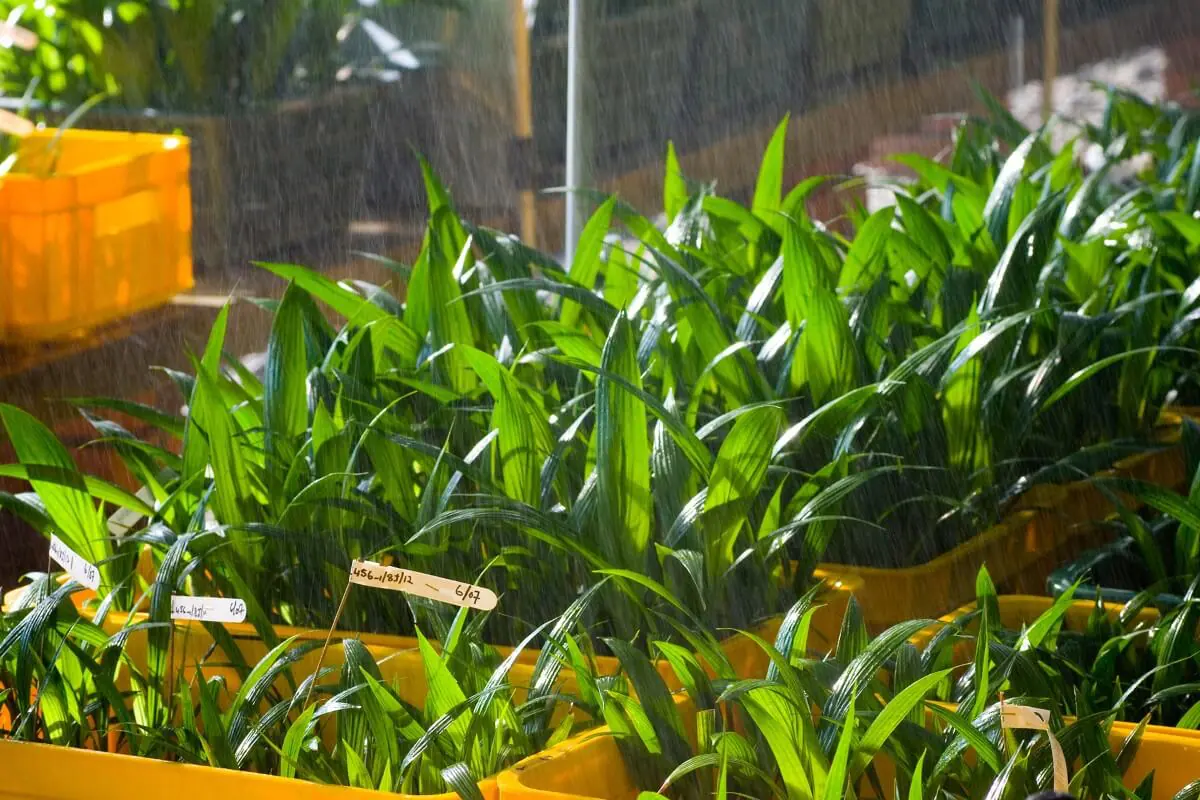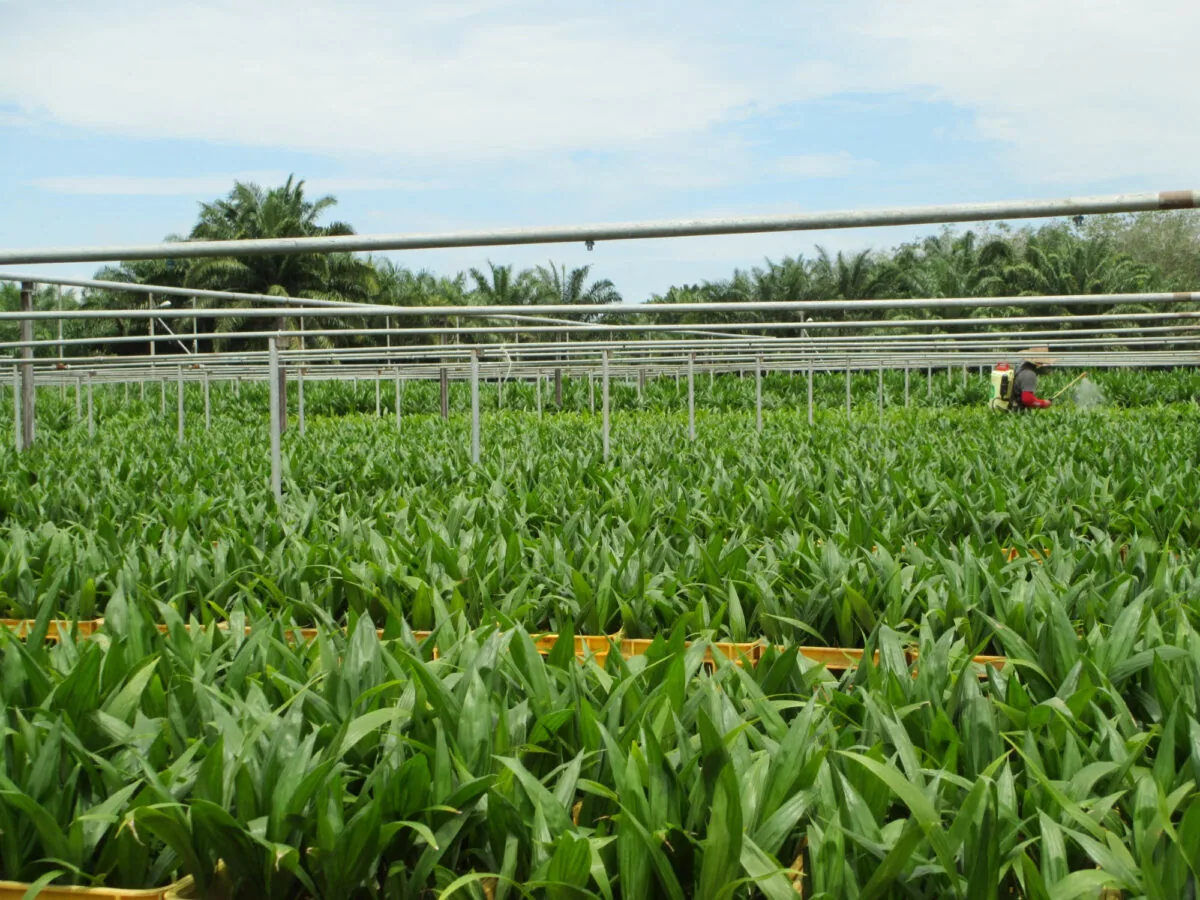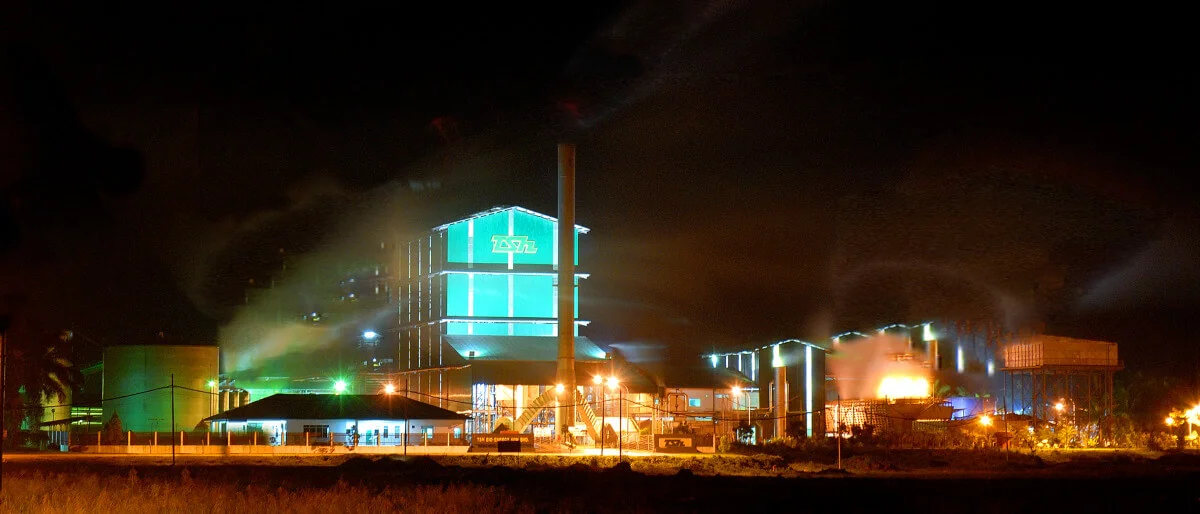Bio-Integration
Our Business | Bio-Integration
Bio-Technology
Through 10 years of extensive R&D, the Group has been able to produce high quality oil palm ramets for the palm oil industry.
Since 2005, millions have been invested into the research and development of tissue culture technology through TSH Biotech Sdn Bhd with the objective of producing superior oil palm ramets for the palm oil industry.
In 2015, TSH successfully commenced the commercial production of high quality Wakuba ramets which offer high fresh fruit bunches (FFB), yield and oil extraction rate. It marked an important milestone for the Group in achieving better yields and returns from its plantations, further accelerating growth objectives.
- At 700,000 sq.ft, the Wakuba TSH Biotech laboratory is staffed by a team of experienced tissue culturists led by Dr. Jinil Malaji, Head of Biotechnology and is assisted by a manager, Ms. Leong Yin Wah.
- The production of TSH Biotech’s WAKUBA ramets is carried out in a well-equipped laboratory infrastructure, and based on solid and proven processes and protocols.
- The Group’s oil palm ortets used for elite palms of our own estates. These oil palm ortets had undergone years of observation and evaluation, and up to five cycles of oil extraction tests in compliance with SIRIM standards.
More about our Tissue Culture Technology here:

Tissue Culture Technology



Biomass Power
The Group has also been contributing towards the environment through its palm bio-integration approach. The Group built a fully integrated complex in Kunak, Sabah which includes both biomass and biogas power plants to leverage the potential of commercial bio-waste products within the palm oil industry.
Solid by-products from the Group’s mills are used to electricity and industrial steam.
The entire integrated complex runs on renewable green energy courtesy of a 14MW biomass cogeneration plant.
The complex is the 1st biomass power plant in the country to be connected to the grid, and has been supplying green electricity via a renewable energy power purchase agreement (REPPA) with Sabah Electricity Sdn Bhd.
Biogas Power
Another eco-friendly project by the Group is biogas power and sustainable energy produced from Palm Oil Mill Effluent (POME), a type of wastewater generated from the palm oil milling process.
An aerobic activated sludge process was introduced during the harvesting of energy from POME, resulting in more eco-friendly POME discharge in line with regulatory compliance.
The Group also employs methane gas recovery and utilization processes in electricity generation, and successfully reduces greenhouse gas emissions.
All of the Group’s renewable energy projects are registered as Clean Development Mechanism projects under the United Nations Framework Convention for Climate Change (UNFCCC).
